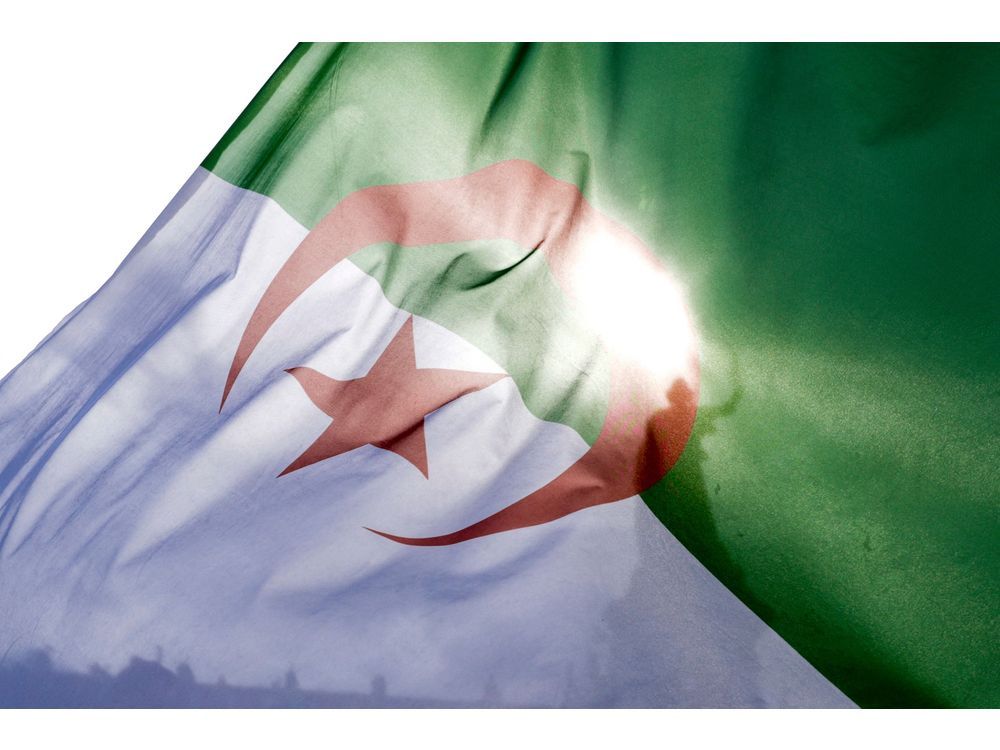Top Stories
Algeria Seeks $2.3 Billion from Rare Islamic Bond Sale Amid Budget Crisis

Algeria plans to raise 297 billion dinars (approximately $2.3 billion) through the sale of Islamic bonds, marking a rare move for the OPEC member as it grapples with a significant budget deficit driven by declining energy prices. The seven-year sukuk will be available to both domestic and international investors, although foreign entities will be excluded from the two-month subscription period commencing on November 2, 2023, according to Asharq TV, which cited a government document.
The bonds will be secured by government real estate assets and will offer a 6% coupon for the first six years. This issuance underscores the growing financial pressures facing Algeria, which has historically depended on its substantial oil and gas reserves to support its budget.
Rising Budget Deficit and Economic Challenges
Algeria’s budget deficit has surged to approximately 14% of its gross domestic product (GDP), a sharp increase from 5.5% in 2023. The International Monetary Fund (IMF) projects that this figure will remain in double digits through 2028. The country’s central bank highlighted in its recent annual report that ongoing “downward pressure on hydrocarbon prices” poses a threat to public finances, necessitating the exploration of new revenue sources.
In 2024, Algeria’s energy income plummeted by roughly 30% to 3.84 trillion dinars, while government expenditure increased by 9%. The IMF indicates that Algeria requires oil prices to stay above $156.6 per barrel to achieve budget balance, a target that is only surpassed by Iran among crude exporters in the broader Middle East. Currently, Brent crude is trading below $70 per barrel.
Political Landscape and Economic Policies
Algeria, governed by a generation of politicians who emerged before the country’s independence from France in 1962, has consistently advocated for economic self-reliance. The government maintains an extensive subsidy system to support its population of 47 million and has minimal foreign debt. The current budget includes a provision for sukuk issuance, although it does not specify an amount.
President Abdelmadjid Tebboune has previously expressed strong opposition to following IMF recommendations for foreign borrowing, labeling it as “political suicide.” The current bond issuance may reflect a shift in strategy as the country seeks to stabilize its finances amid ongoing economic challenges.
Algeria’s efforts to secure funding through this bond sale highlight the critical juncture at which the nation finds itself, navigating the complexities of global energy markets while striving to maintain fiscal stability.
-

 Science2 months ago
Science2 months agoToyoake City Proposes Daily Two-Hour Smartphone Use Limit
-

 Health2 months ago
Health2 months agoB.C. Review Reveals Urgent Need for Rare-Disease Drug Reforms
-

 Top Stories2 months ago
Top Stories2 months agoPedestrian Fatally Injured in Esquimalt Collision on August 14
-

 Technology2 months ago
Technology2 months agoDark Adventure Game “Bye Sweet Carole” Set for October Release
-

 World2 months ago
World2 months agoJimmy Lai’s Defense Challenges Charges Under National Security Law
-

 Technology2 months ago
Technology2 months agoKonami Revives Iconic Metal Gear Solid Delta Ahead of Release
-

 Technology2 months ago
Technology2 months agoSnapmaker U1 Color 3D Printer Redefines Speed and Sustainability
-

 Technology2 months ago
Technology2 months agoAION Folding Knife: Redefining EDC Design with Premium Materials
-

 Technology2 months ago
Technology2 months agoSolve Today’s Wordle Challenge: Hints and Answer for August 19
-

 Business2 months ago
Business2 months agoGordon Murray Automotive Unveils S1 LM and Le Mans GTR at Monterey
-

 Lifestyle2 months ago
Lifestyle2 months agoVictoria’s Pop-Up Shop Shines Light on B.C.’s Wolf Cull
-

 Technology2 months ago
Technology2 months agoApple Expands Self-Service Repair Program to Canada









